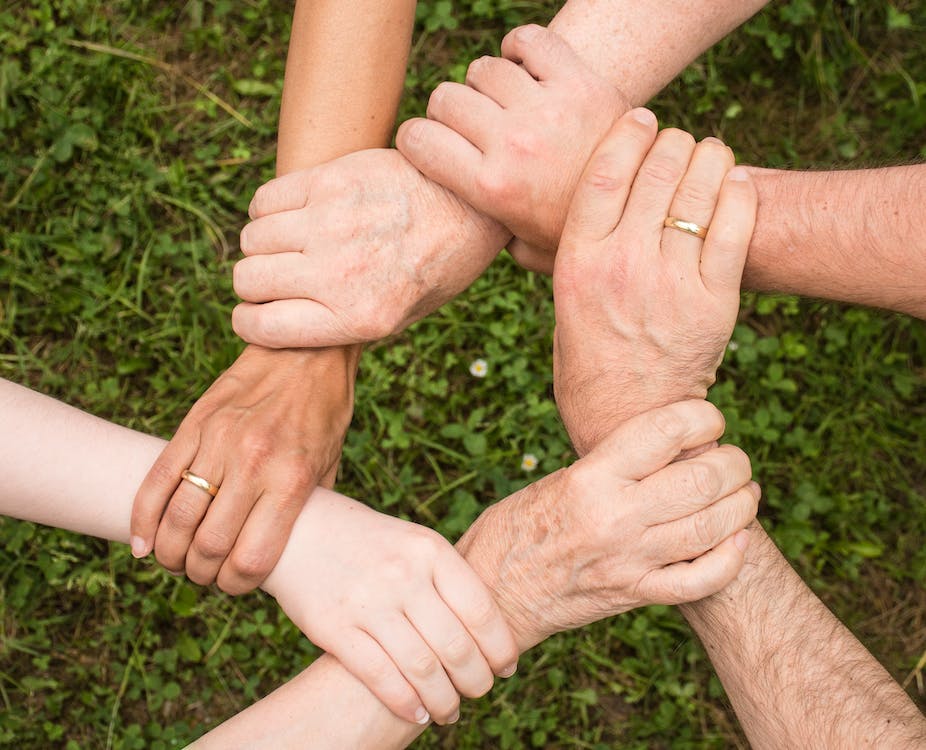The subject of whether or not modern humans are happier than their forebears is often raised. Both proponents and detractors of this view have valid points, and the answer lies in the individual’s conception of what makes for a happy life. If you’re pondering this question, here are some things to keep in mind:
- It’s indisputable that many people in our times enjoy greater financial affluence and easier access to resources than our ancestors had. Smartphones, home appliances, and modern medical care are just a few examples of the consumer products and technology at our disposal. Some could reason that since we now have these luxuries available to us, we must be happier than our forebears did.
- However, some studies have found that having strong social ties is crucial to one’s contentment and health. Our ancestors may have had tighter relationships to family and friends back in the day since they lived closer to nature and relied on one other for survival. In contrast, modern culture tends to emphasize the individual, which can lead to feelings of alienation.
- There are many stresses and demands in today’s world that our ancestors never had to contend with. It’s possible that we’ll have to put in extra time at work and manage a wider range of duties, including those of raising a family and looking after parents of all ages. People’s mental and physical well-being might suffer as a result of these pressures, and this has led some to claim that modern humans are not happier than their ancestors.
- However, many people in the modern day enjoy greater independence and autonomy than our forebears had. Today, we enjoy a wider range of protections against repression, discrimination, and the exercise of our religious beliefs. Liberties like these can pave the way to joy and contentment.
It’s tough to say whether or not we’re happier than our ancestors, but it seems likely that we are. To be happy is to experience an intricate and personal emotion that can be affected by a wide range of variables. Some may say we’re more content because of our material abundance and personal freedoms, while others could say we’re less content because of our heightened exposure to stress and pressure and our diminished ability to form meaningful relationships. One’s outlook and priorities will determine whether or not we are happier than our ancestors.
What is happiness?
It is challenging to put a precise definition on the feeling known as happiness because of its complexity and individuality. It’s a state of mind characterized by happiness and fulfillment with one’s life. For some, the best way to relax and enjoy life is to spend time with friends and family, focus on a favorite pastime, or try something brand new. Some people are happiest when they accomplish something monumental, like fulfilling a long-held dream or making a substantial contribution to the world.
The ability to provide for one’s bodily and emotional needs, to feel like one’s life has significance, to have supportive social interactions, and to be financially secure are all important ingredients in the recipe for contentment. It’s crucial to remember, though, that one person’s idea of happiness is not necessarily the same as another’s. Moreover, one’s level of contentment might shift over time and be influenced by factors outside one’s control, such as developments in one’s personal or professional life.
In the end, a person’s level of contentment depends on a complex interplay of internal and extraneous conditions unique to them. It’s normal to feel many different emotions throughout the course of a lifetime; remember that happiness is not a permanent state.




